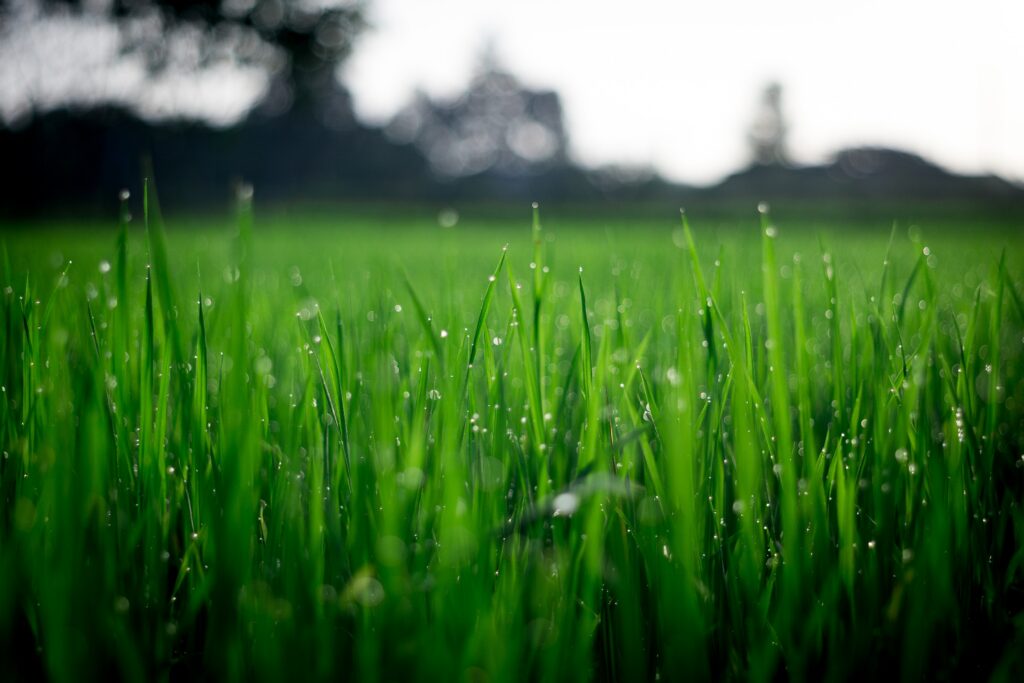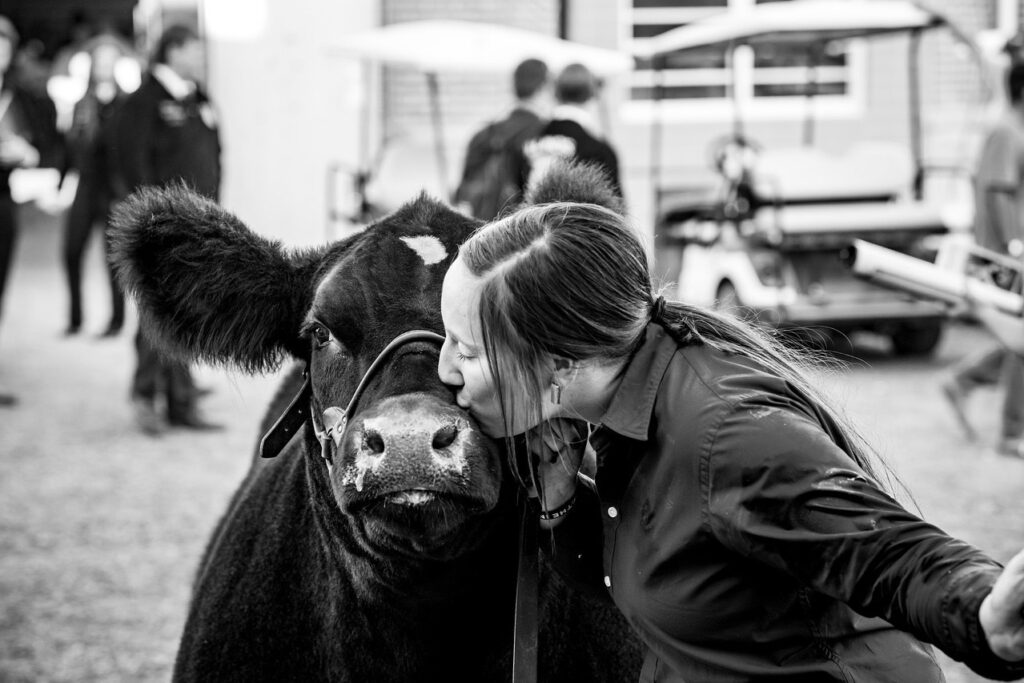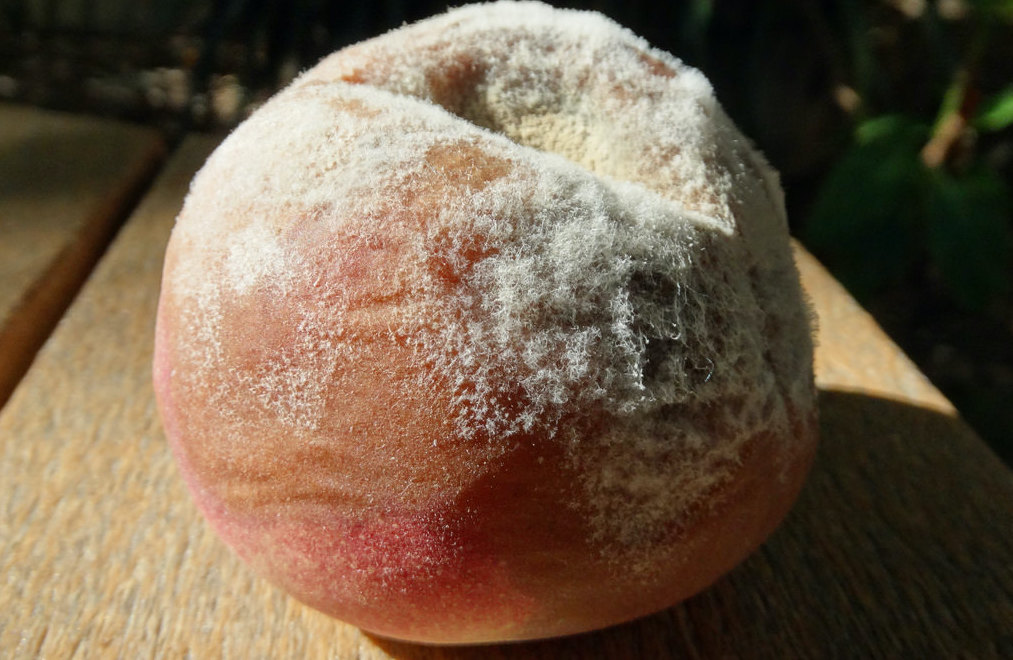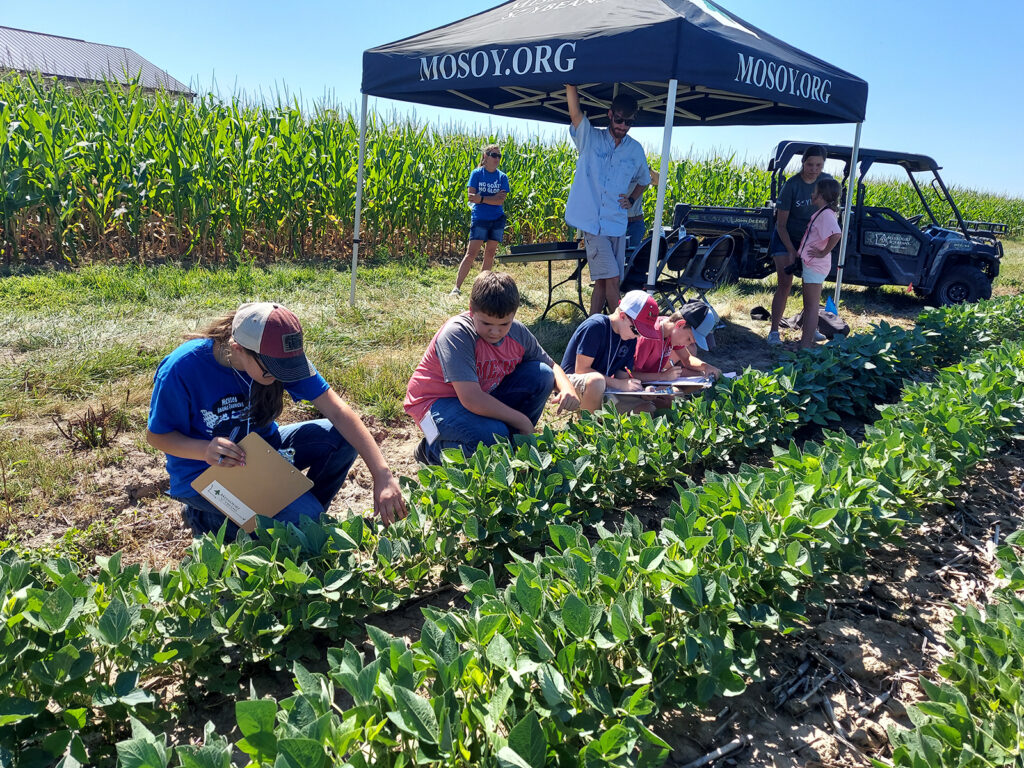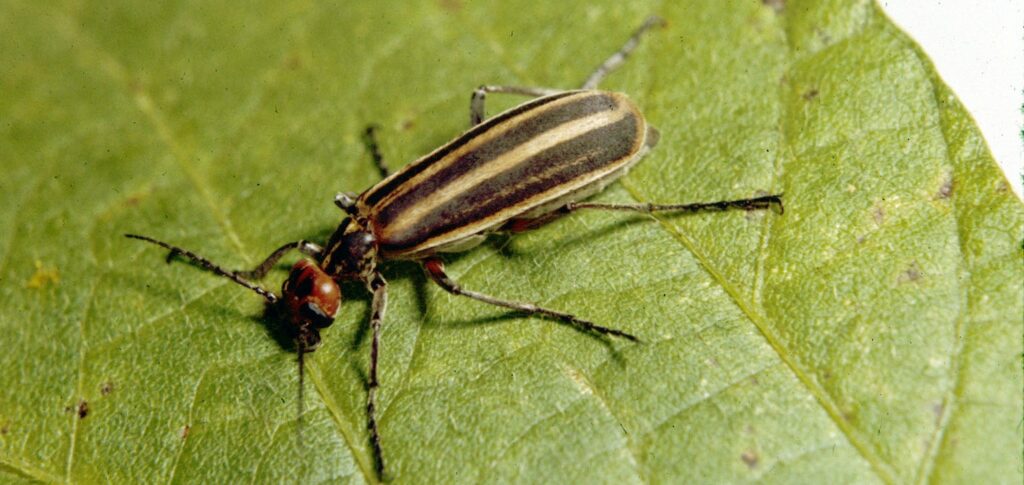Markets & Ag
MACOMB, Ill. — Each year, I try to write a couple of articles about lawns. Each time I’ve written one of these, I have assumed you, the reader, care about your lawn. Turns out, there are a lot of people who have lawns, that don’t care about having a perfectly manicured turf. You just want to know…
Read Full Article MOUNT VERNON, Mo. — Drought in southwestern Missouri calls for long-term and short-term feed plans for beef and dairy herds. University of Missouri Extension state dairy specialist Stacey Hamilton urges producers not to panic as local feed supplies dwindle. There are options to carry herds through winter until spring pastures green. Hamilton and extension specialist…
Read Full Article MACOMB, Ill. – Not only did Western Illinois University senior agriculture major Ashtin Guyer, of Flat Rock, IL, show this year’s Illinois State Fair Grand Champion Market Steer, her entry also created a bidding war between Illinois Governor J.B. Pritzker, and his wife, MK, to purchase her entry, “King,” which ended by matching a fair…
Read Full Article COLUMBIA, Mo. — The final segment of University of Missouri Extension’s Specialty Crop Business Management Series begins in September. The webinar series helps new and established farmers learn how to make informed business decisions to become successful, says Juan Cabrera-Garcia, MU Extension state horticulture specialist. “Successful farmers have a better quality of life that creates…
Read Full Article COLUMBIA, Mo. — One way to spruce up a college dormitory room is to add plants, according to University of Missouri Extension horticulturist Michele Warmund. Dorm rooms can appear a bit bare and dreary, Warmund says, but plants can add color and provide a pleasant atmosphere. “After spending the day in lecture halls, a plant-filled…
Read Full Article SPRINGFIELD — The Illinois 4-H program recently honored 4-H leaders and volunteers at the Illinois State Fair. Adams County 4-H leader Carolyn Roberts of the Burton Fliers 4-H Club was inducted into the Hall of Fame for her work helping local youths and promoting 4-H in the community. Adams County 4-H officials said Roberts shares…
Read Full Article JACKSONVILLE, Ill. — Ever gone out to pick a peach, only to find it has a large brown, mushy spot? The likely culprit is brown rot. Brown rot (Monilinia spp.) is one of the most common diseases that affects peaches and other stone fruits like nectarines, plums, cherries and apricots. While fruit infections may be…
Read Full Article COLUMBIA, Mo. — University of Missouri Extension nutrient management specialist John Lory recommends applying fall nitrogen in mid-August to cool-season pastures. Despite drought conditions in much of the state, Lory says in a press release, “We need to get nitrogen applied now so we can take full advantage of the rains when they do arrive.”…
Read Full Article MACOMB, Ill. — Illinois Extension will be the host of a rainscaping workshop in Hancock County. During this series of classes, participants can learn landscape design and management practices that reduce pollution from runoff. This four-part workshop will take place on Sept. 12, 14, 19 and 21 from 5:30-7:30 p.m. at 130 Young Street, Nauvoo,…
Read Full Article COLUMBIA, Mo. — Landowners and renters can learn about farm leases from University of Missouri Extension specialists from 6 to 8:30 p.m. Wednesday, Aug. 24, at seven locations across the state. Participants can also attend via Zoom, says Joe Koenen, MU Extension county engagement specialist in agriculture and natural resources and longtime presenter on farm…
Read Full Article Provided by the Adams County Farm Bureau.
Read Full Article SEDALIA, Mo. — Fairgoers can learn how to prevent one of the leading causes of farm deaths and disabilities – tractor rollovers. University of Missouri Extension and the Missouri Department of Agriculture will showcase tractor rollover protection at the Missouri State Fair, which runs through Aug. 21. Fairgoers can see interactive demonstrations and videos on rollover…
Read Full Article COLUMBIA, Mo. — Twenty-seven 4-H youths and volunteers learned about common Missouri crops, insects, diseases and weeds, as well as pesticide usage and safety at the first Missouri 4-H Crop Scouting Day, July 19 at the University of Missouri Bradford Research Farm near Columbia. Missouri 4-H and MU Extension hosted the event. Demonstrations included weed…
Read Full Article COLUMBIA, Mo. — Dry weather and short pastures have reduced forage supplies, prompting livestock producers to ponder “could have, would have, should have” scenarios, says University of Missouri Extension livestock specialist Eric Meusch. Producers should try to match their herd needs to anticipated forage supplies, Meusch says. This requires planning before a drought. Many factors…
Read Full Article WEST PLAINS, Mo. — Low supplies of hay make feeding cattle a challenge. Elizabeth Picking, a University of Missouri Extension livestock specialist in southwestern Missouri, sees the effects of severe drought in her area – dwindling hay supplies, poor-quality hay, high prices and ponds going dry. Under these conditions, cattle producers need to be more…
Read Full Article COLUMBIA, Mo. — Nitrates and prussic acid build up in forages to levels dangerous to livestock during drought. Livestock face severe illness and even death after eating affected forages, says University of Missouri Extension agronomist Jamie Gundel. Nitrates tend to concentrate in the bottom third of the plant. It shows in the plant’s stem and…
Read Full Article COLUMBIA, Mo. — Farmers, livestock owners and gardeners across the state report that blister beetles are appearing in large numbers this summer, says Pat Miller, University of Missouri Extension agronomy specialist. Blister beetles produce a toxin that can harm livestock. The toxin, called cantharidin, can cause animals to become sick and even die. Cantharidin is…
Read Full Article 
